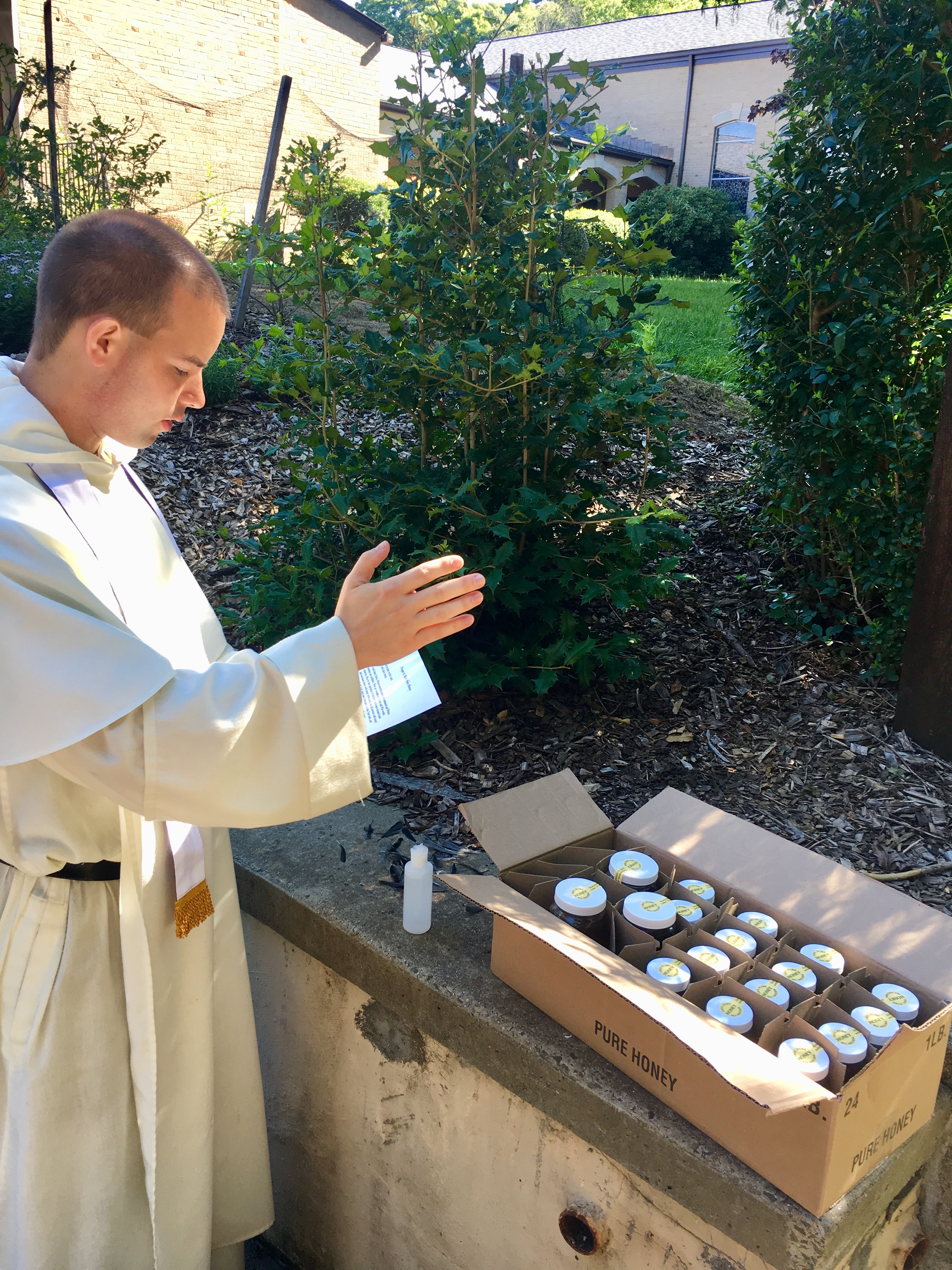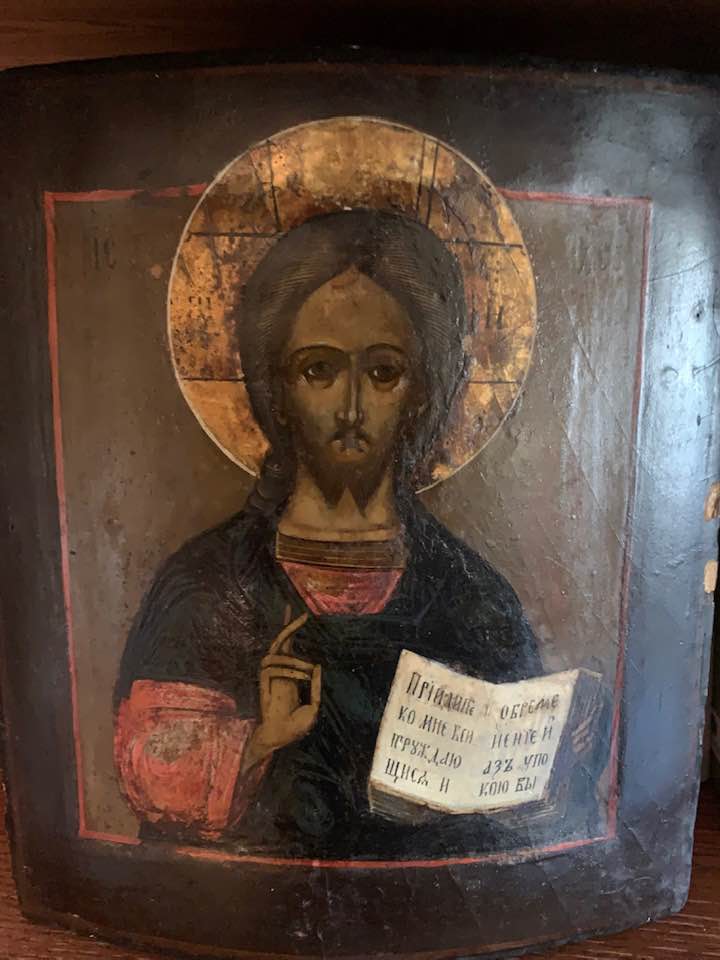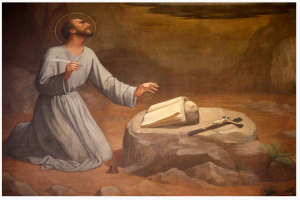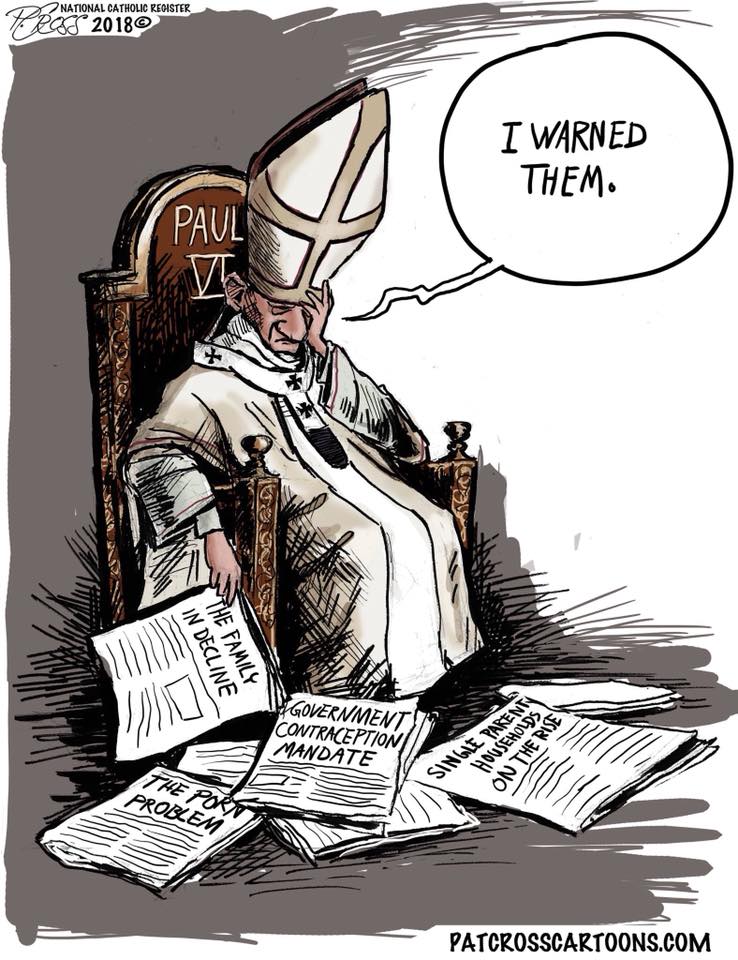 Prayer to Bless New Honey
Prayer to Bless New Honey
Priest: Let us pray to the Lord.
Laity: Lord, have mercy.
O Lord Jesus Christ, Whose mercies cannot be contained and Whose bounties are ineffable; Who are wondrous in glory and Who works miracles, Who by the operation of the Holy Spirit once blessed Israel and nourished them with honey from a rock and fed ascetics with honey: as the same Lord, look down now from above on this Your work, and with Your heavenly blessing bless and consecrate this honey.
Grant to the honey the action of a blessing beyond all perfection, so that all tasting of it, receiving it and eating it, may find good health, and by this nourishment be satisfied and filled with all good things.
For You are He Who bestows all good things, and to You we ascribe glory, together with Your Father Who is without beginning, and Your Most-holy, Good and Life-creating Spirit, now and ever and unto ages of ages. Amen.
The priest sprinkles the honey with Holy Water, saying:
This honey is sanctified by the sprinkling of this Holy Water, in the name of the Father, and of the Son, and of the Holy Spirit. Amen.
***Typically, the blessing of new honey among the Eastern European Byzantines happens on the first day of the Dormition Fast (on the new Gregorian calendar that would be August 1) but the blessing can happen on other days for example on the Transfiguration like many of the Ukrainian Byzantine Catholics from the Eastern part of the country.
 Icons reveal something about the character of the world in which we live. They reveal that there is a distortion within us such as what things seem to be is not what they are. Icons are windows to heaven but also windows to the Truth and thus also windows into the truth about our selves. The fact that icons cannot be truly seen without also being venerated points to the fact that our perception of the world and reality is rooted in our relationship with the world and reality. Perceiving the Truth is not an abstract, gnostic exercise, but a function of love and holding things in the proper place of honor.
Icons reveal something about the character of the world in which we live. They reveal that there is a distortion within us such as what things seem to be is not what they are. Icons are windows to heaven but also windows to the Truth and thus also windows into the truth about our selves. The fact that icons cannot be truly seen without also being venerated points to the fact that our perception of the world and reality is rooted in our relationship with the world and reality. Perceiving the Truth is not an abstract, gnostic exercise, but a function of love and holding things in the proper place of honor.






